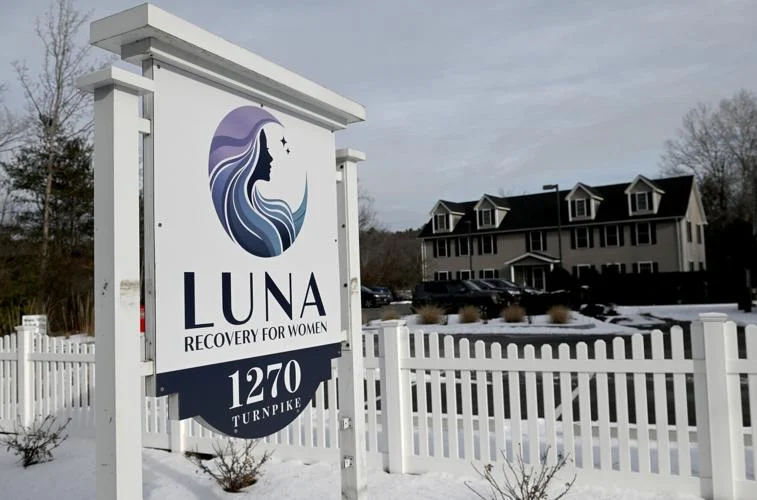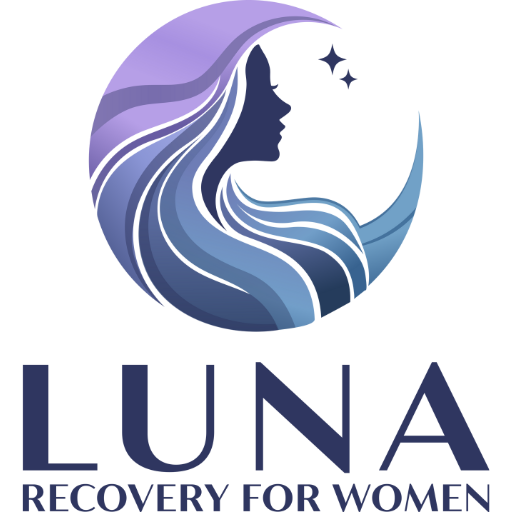Many college students find themselves abusing drugs and alcohol for various reasons. Some use stimulants to study, while others overindulge in alcohol to fit in socially. Athletes may misuse steroids or prescription drugs to enhance performance, and students involved in fraternities or sororities often feel pressured to use substances at social events. Although common, misusing prescription pills, drinking excessively, and using illicit drugs are dangerous habits that can lead to severe and sometimes fatal consequences. The good news is that college students can receive treatment for substance abuse and addiction challenges without having to leave school. Luna Recovery for Women offers flexible outpatient programs designed to help young adults regain control of their lives while continuing their education.
Facts and Statistics on College Drug Abuse

Substance abuse is a widespread issue among college students across the United States. According to the National Survey on Drug Use and Health, approximately one in five college-aged adults smoke cigarettes, and an estimated 55% drink alcohol, with about 35% engaging in binge drinking regularly. Nearly 1.9 million young adults misuse opioids such as Vicodin, Percocet, and codeine, while approximately 39% use illicit drugs like cocaine, heroin, LSD, and MDMA. Additionally, 5.5% of college-aged individuals misuse pain-relieving drugs, and more than six million meet the criteria for a substance use disorder.
The National Institute on Drug Abuse (NIDA) reports that over 50% of full-time college students drink alcohol at least once a month, with 28% admitting to binge drinking. Marijuana use is also at an all-time high among college students. According to the Monitoring the Future College Students and Young Adults Survey, 42.5% of college students consistently used marijuana in 2018. These statistics highlight the need for accessible, effective addiction treatment tailored to the unique needs of college students.
What Substances Are College Students Abusing?
College students misuse a variety of substances, including prescription medications, illicit drugs, and alcohol. While alcohol, marijuana, and stimulants are among the most common, other substances also pose significant risks.
Alcohol is one of the most accessible substances due to its availability at social events. While drinking is often considered part of the college experience, excessive consumption can lead to addiction and serious health issues, including blackouts, unintentional injuries, liver disease, alcohol poisoning, high blood pressure, stroke, and cardiovascular diseases.
Stimulants like Adderall, Concerta, and Provigil are commonly misused by students seeking to improve concentration and stay awake. Although these medications can temporarily enhance focus, using them without a prescription is both illegal and dangerous, potentially leading to dependence and harmful side effects.
Ecstasy, also known as MDMA or molly, is a popular stimulant used recreationally at parties and clubs. By releasing serotonin in the brain, ecstasy creates feelings of happiness and excitement. However, regular use can lead to addiction and negatively impact mental health.
Marijuana, or cannabis, is often consumed by smoking or through edibles, baked goods, and candy. While it doesn’t typically cause physical dependence, frequent use can lead to psychological dependence, mood swings, and other mental health challenges.
Xanax, a benzodiazepine prescribed to treat anxiety and panic disorders, is frequently misused by college students seeking relief from stress. By slowing the heart rate and inducing a sense of calm, Xanax can quickly become addictive, increasing the risk of developing a substance use disorder.
Cocaine is a stimulant often used at parties to boost energy and productivity. Despite its temporary effects, cocaine carries serious health risks, including blood clots, high blood pressure, irregular heart rate, stroke, chest pain, and heart attack.
Fortunately, college students struggling with addiction can receive the help they need through outpatient addiction treatment.
What is Outpatient Treatment?
Outpatient rehabilitation is a non-residential, behavioral therapy-based treatment designed to help individuals overcome drug and alcohol addiction. Unlike inpatient rehab, outpatient programs allow participants to live independently while attending scheduled therapy sessions. This flexibility makes outpatient treatment an ideal option for college students who want to continue their education while receiving support.
Outpatient treatment is most effective for individuals with mild to moderate addiction, a strong support system, reliable transportation to therapy sessions, and the motivation to attend treatment consistently. The program typically includes a variety of therapeutic approaches, such as:
- Cognitive-behavioral therapy (CBT)
- Dialectical behavioral therapy (DBT)
- Individual and group therapy
- Peer support groups
- Family therapy
- Creative therapies like music and art therapy
Many individuals also participate in 12-step programs as part of their recovery journey. By offering a range of therapeutic options, outpatient treatment empowers individuals to find the methods that work best for them.
Benefits of Outpatient Treatment for College Students
Outpatient treatment offers unique advantages that make it particularly well-suited to college students. In addition to the flexibility to continue living on campus or at home, outpatient programs provide several key benefits.
One of the greatest advantages is the ability to continue attending classes. Since outpatient treatment sessions are often available in the afternoon, evening, or on weekends, students can receive support without disrupting their academic schedules. This flexibility allows them to maintain their coursework while focusing on their recovery.
Outpatient programs also help students build healthier social circles. Since peer pressure and social environments often contribute to substance abuse, it’s essential for individuals in recovery to surround themselves with supportive, like-minded friends. Group therapy, peer support groups, and 12-step meetings offer opportunities to connect with others who are committed to sobriety, making it easier to avoid relapse and develop lasting friendships.
Additionally, outpatient treatment is more affordable than inpatient programs, making it a more accessible option for students on a tight budget. Many outpatient services are covered by insurance, further reducing the financial burden of treatment.
Another key benefit is the availability of aftercare and outreach resources that help individuals maintain their sobriety after treatment ends. Luna Recovery for Women offers a range of support services, including employment assistance, nutritional counseling, family support programs, and help with continuing education. By providing practical tools and ongoing encouragement, outpatient programs empower students to build a healthier, more fulfilling future.
Real Recovery for College Students

At Luna Recovery for Women, we understand the unique challenges that college students face. While college can be an exciting time, it can also be stressful, overwhelming, and full of social pressures. Feelings of anxiety, loneliness, and depression often lead young adults to self-medicate with drugs and alcohol. However, substance abuse doesn’t have to define your college experience.
Our outpatient programs are designed to help students overcome addiction while continuing their education. By offering flexible scheduling, personalized therapy, and a supportive community, we empower young adults to regain control of their lives without missing a semester or falling behind in their studies. Our programs also help students develop healthier habits and social connections, laying the foundation for long-term success.
If you or a college student you love is struggling with addiction, know that help is available. The missteps you make in college don’t have to define your future. With the right support, you can build a life free from drugs and alcohol and achieve your goals with confidence.
Contact Luna Recovery for Women Today
If you’re ready to take the next step toward recovery, Luna Recovery for Women is here to help. Our flexible outpatient programs are designed to support college students as they navigate the challenges of addiction and build a brighter future.
Don’t wait—contact us today to learn more about our services and start your journey toward lasting recovery.


